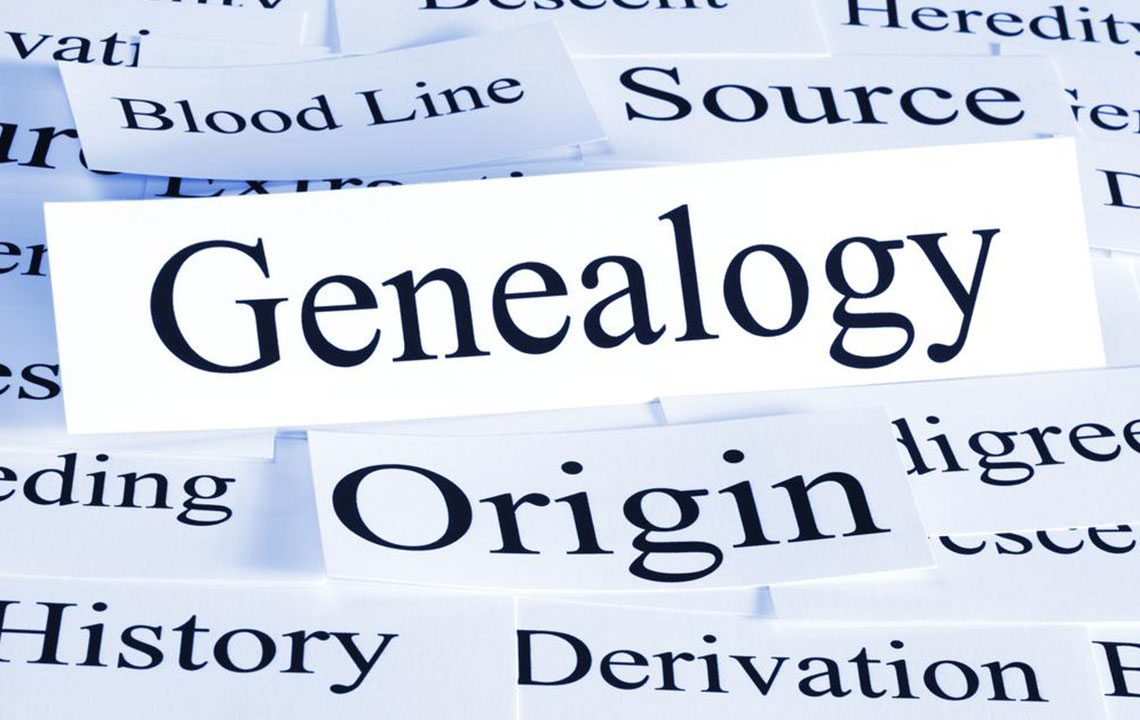The Importance of Accessing Divorce Records: A Comprehensive Guide
Discover why accessing divorce records is vital for legal, personal, and administrative purposes. Learn how to obtain these records, what information they contain, and why privacy laws vary across states. This comprehensive guide covers the importance of divorce records and how they impact various legal processes and personal needs.

Understanding Why Access to Divorce Records Is Crucial
Accessing divorce records is an essential aspect of many legal, personal, and administrative processes. These records serve as official documentation of the dissolution of marriage and contain vital information that can be useful for various purposes. Although in many jurisdictions, divorce records are considered public documents, the accessibility of such records can vary based on legal restrictions, privacy concerns, and specific state or local laws. In this comprehensive guide, we explore the significance of divorce records, how to access them, and what information they typically contain.
Typically, divorce records are maintained by the court system and are accessible to the public unless they have been sealed for specific reasons. Sealing of records can occur to protect the privacy of victims of domestic violence, sensitive financial information, or other confidential matters. For instance, New York stands out as the only state where divorce records are sealed for up to 100 years, making them inaccessible for most of that period. In other states, records are generally available to the public, but certain sensitive details may be restricted or redacted to protect privacy.
When you request access to divorce records, you can expect to find essential details such as the date of divorce, names of the involved parties, and court decisions. However, restrictions often limit full disclosure of private information, especially regarding financial settlements, child custody arrangements, or other confidential elements. The availability of these records not only helps individuals verify their divorce status but also plays a critical role in legal proceedings, genealogical research, and personal record-keeping.
The reasons for accessing divorce records extend beyond personal curiosity. They are frequently required for legal processes such as changing your name after divorce, remarrying, establishing paternity, or asserting custody and support rights. These records may also be necessary when updating official documents like tax filings, property records, or obtaining financial credentials. Additionally, family members, genealogists, and legal representatives may seek these records for inheritance, probate, or lineage tracking purposes.
Understanding the procedures to access divorce records is vital. In most jurisdictions, requests can be made online, in person, or through mail by submitting the appropriate forms and paying a nominal fee. Some states require proof of relationship or legal interest before granting access. It’s important to be aware of privacy laws that may restrict the release of certain information to prevent misuse or identity theft.
In summary, divorce records are invaluable legal documents that serve multiple vital functions. Accessing them provides transparency, legal verification, and essential data for personal and professional needs. While most records are publicly accessible, laws vary by location, and certain sensitive information may be protected. Whether for legal purposes, genealogical research, or personal verification, knowing how to obtain divorce records and understanding their importance is an essential element for individuals and professionals alike.





